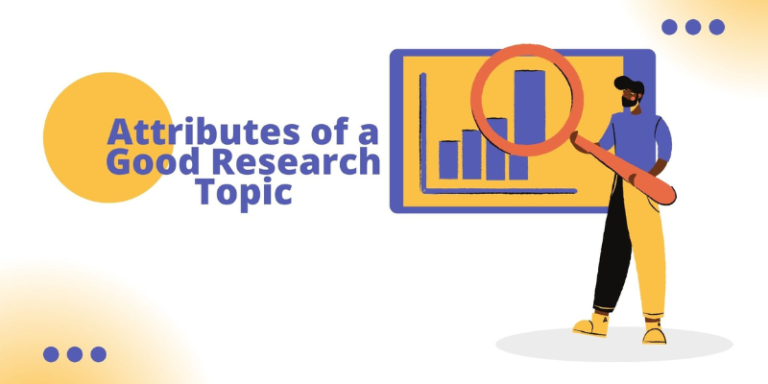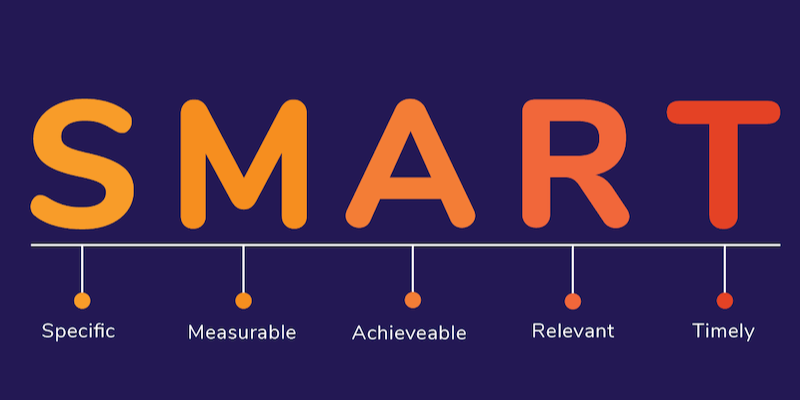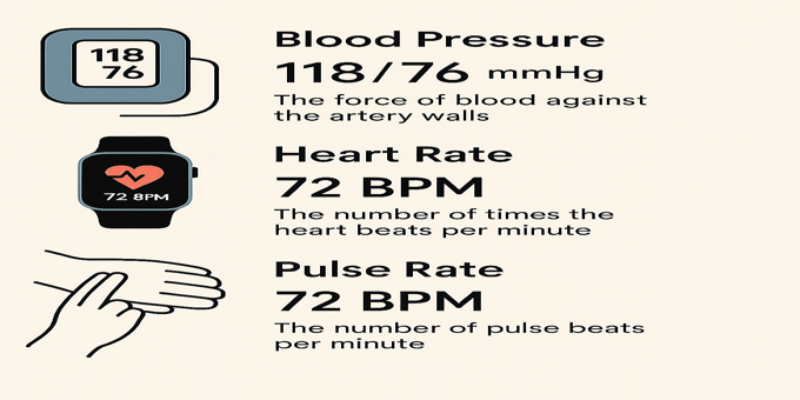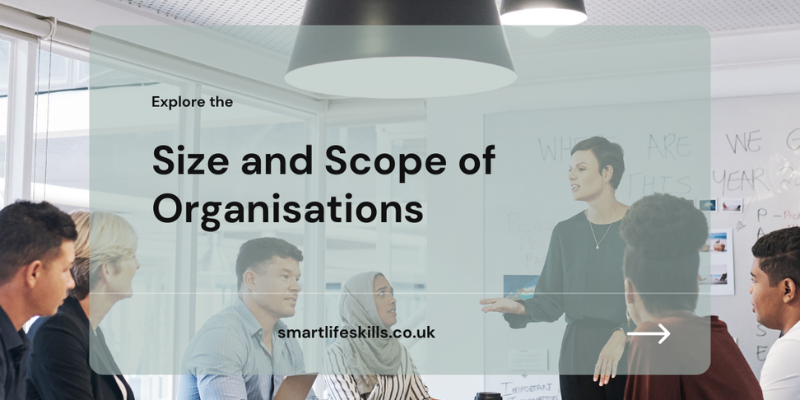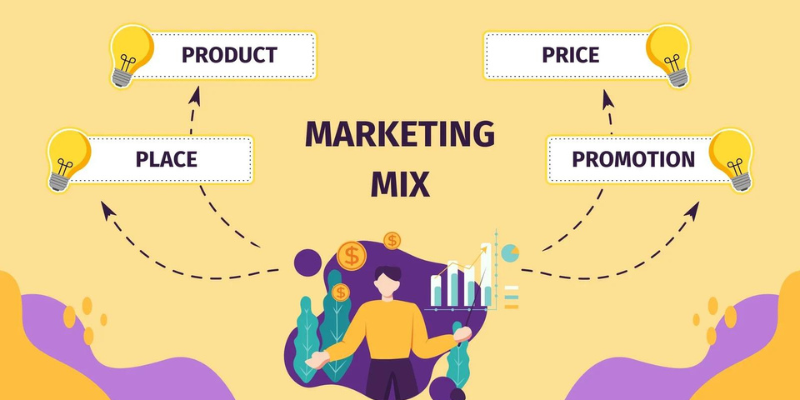Choosing a research topic is a critical step in the academic research process. A well-chosen topic not only sets the foundation for a successful project but also ensures that the research is both feasible and valuable. This article outlines the key attributes of a good research topic, focusing on its capability and appropriateness. Each attribute is essential to ensure that the research is both practical and worthwhile, thereby contributing meaningfully to the field of study.
1.0 Capability: Is the Topic Feasible?
The feasibility of a research topic is paramount. A feasible topic is one that can be realistically explored within the given constraints, such as time, resources, and the researcher’s skills.
1.1 Interest and Fascination: The first criterion for a feasible research topic is the researcher’s genuine interest in the subject. Research is a demanding process, often requiring long hours of work and significant intellectual engagement. A topic that fascinates the researcher will sustain their motivation throughout the project, making it more likely to result in a successful outcome (Saunders, Lewis, & Thornhill, 2019).
1.2 Research Skills: The topic should align with the researcher’s current skills or those that can be developed within the project’s timeframe. A mismatch between the required skills and the researcher’s abilities can lead to difficulties in completing the research (Bryman, 2016). Therefore, before finalising a topic, it is essential to assess whether the necessary methodological and analytical skills are present or can be acquired.
1.3 Time Constraints: Time is a critical factor in determining the feasibility of a research topic. The topic should be such that it can be thoroughly investigated within the available timeframe. Complex topics that require extensive data collection or longitudinal studies may not be suitable for shorter project periods (Bell, Bryman, & Harley, 2018).
1.4 Currency of the Topic: The relevance of the topic should persist until the completion of the research. It is vital to select a topic that will still be current and significant by the time the project is concluded. Research on emerging trends or ongoing issues is often more likely to remain relevant (Robson & McCartan, 2016).
1.5 Financial Resources: Research often involves costs, whether for data collection, access to specialised software, or travel. The feasibility of the topic must be evaluated against the financial resources available. A topic requiring resources beyond what is accessible to the researcher may need to be reconsidered (Sekaran & Bougie, 2016).
1.6 Access to Data: Finally, the feasibility of a topic is heavily dependent on the availability of data. The researcher must have reasonable confidence that they can access the data needed to answer their research questions. This may involve considering whether data is publicly available, or if permissions are required to access proprietary datasets (Creswell & Creswell, 2017).
2.0 Appropriateness: Is the Topic Worthwhile?
Beyond feasibility, a good research topic must be worthwhile. This involves ensuring that the research will contribute valuable insights and align with academic or organisational standards.
2.1 Fit with Specifications: The topic must meet the standards and guidelines set by the examining institution. This includes aligning with the academic discipline’s focus, adhering to ethical standards, and meeting any specific requirements outlined by supervisors or funding bodies (Blaxter, Hughes, & Tight, 2010).
2.2 Theoretical Linkage: A worthwhile research topic should have a clear connection to existing theories. The ability to relate the topic to theoretical frameworks enhances the academic rigour of the research and ensures that the findings contribute to the broader scholarly discourse (Silverman, 2016).
2.3 Clarity of Research Questions: The research topic should allow for the formulation of clear and precise research questions, aims, and objectives. Ambiguous or overly broad topics often lead to unfocused research and weak conclusions (Punch, 2014).
2.4 Originality and Insight: A good research topic should offer the potential for original insights. Whether through exploring a new area, addressing gaps in existing research, or offering a novel perspective, the topic should contribute something new to the field (Flick, 2018).
2.5 Relevance to External Ideas: If the research topic is linked to an idea provided by an organisation, it is crucial that the research addresses this idea clearly. The findings should be directly applicable and valuable to the organisation, ensuring that the research has practical as well as academic value (Easterby-Smith, Thorpe, & Jackson, 2015).
2.6 Symmetrical Value of Findings: Finally, the topic should be selected such that the findings are valuable regardless of the outcome. Whether the research confirms or refutes a hypothesis, the results should contribute meaningfully to the field of study (Saunders et al., 2019).
A good research topic is one that is both feasible and worthwhile. It should fascinate the researcher, align with their skills and resources, and be achievable within the given constraints. Moreover, it must meet academic standards, offer theoretical contributions, and provide valuable insights. By carefully considering these attributes, researchers can select topics that not only fulfil the requirements of their academic programmes but also contribute meaningfully to their fields of study.
References:
Bell, E., Bryman, A., & Harley, B. (2018) Business Research Methods. 5th ed. Oxford University Press.
Blaxter, L., Hughes, C., & Tight, M. (2010) How to Research. 4th ed. Open University Press.
Bryman, A. (2016) Social Research Methods. 5th ed. Oxford University Press.
Creswell, J. W., & Creswell, J. D. (2017) Research Design: Qualitative, Quantitative, and Mixed Methods Approaches. 5th ed. SAGE Publications.
Easterby-Smith, M., Thorpe, R., & Jackson, P. R. (2015) Management and Business Research. 5th ed. SAGE Publications.
Flick, U. (2018) An Introduction to Qualitative Research. 6th ed. SAGE Publications.
Punch, K. F. (2014) Introduction to Social Research: Quantitative and Qualitative Approaches. 3rd ed. SAGE Publications.
Robson, C., & McCartan, K. (2016) Real World Research. 4th ed. Wiley.
Saunders, M., Lewis, P., & Thornhill, A. (2019) Research Methods for Business Students. 8th ed. Pearson.
Sekaran, U., & Bougie, R. (2016) Research Methods for Business: A Skill Building Approach. 7th ed. Wiley.
